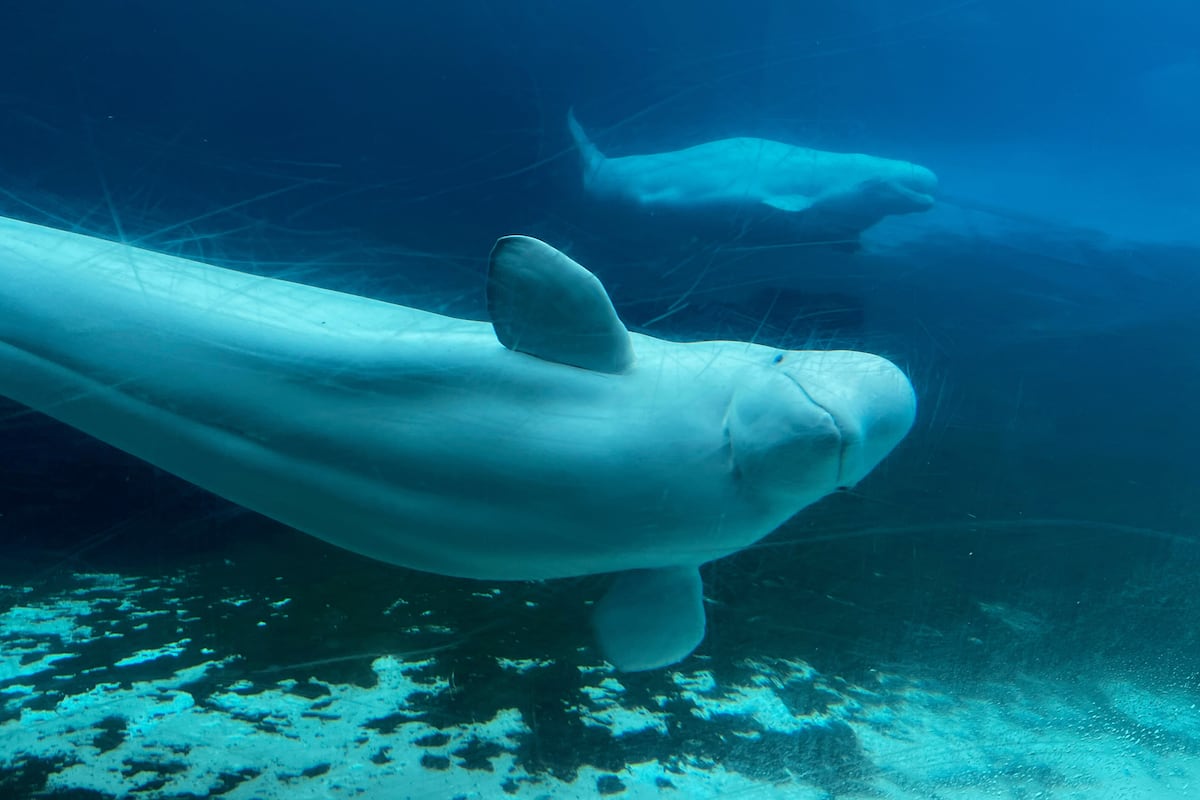
"The 30 beluga whales living at Marineland, an aquarium in Ontario, Canada, face a death sentence, which, for the time being at least, they have managed to avoid. The entertainment center closed its doors in 2024 due to a drop in visitors, and the owners claim they can no longer care for the whales. Meanwhile, two orcas remain in Antibes, France, in an uncertain limbo, awaiting a decision on their future after the closure of another aquarium, also part of Marineland."
"These cases demonstrate that, even in countries with advanced animal welfare laws, these regulations fall short when it comes to safeguarding the future of cetaceans once governments prohibit their exhibition or establishments cease operations for economic or other reasons. China's water parks have become the most common destination for these mammals mainly dolphins, orcas, and belugas when zoos no longer want to or can care for them."
"The Canadian government has refused to adopt this solution for the same reason Torres cites. The belugas would be used in shows, something banned in Canada since 2019, although not retroactively, so the Ontario aquarium could continue operating. In France, this practice was banned in 2021, while in Spain, although the animal welfare law prohibits the use of wild animals in circuses, their exhibition in water parks and"
Thirty beluga whales at Marineland in Ontario face possible death after the aquarium closed in 2024 due to falling attendance and owners' claims they cannot continue care. Two orcas in Antibes, France remain in limbo awaiting decisions after a related aquarium closure. Animal welfare laws in countries with strong protections often fail to guarantee long-term outcomes for cetaceans when exhibitions are banned or facilities close. Common responses include transfers to overseas water parks, notably in China, moving animals to facilities that may continue exhibition rather than resolving welfare concerns.
Read at english.elpais.com
Unable to calculate read time
Collection
[
|
...
]